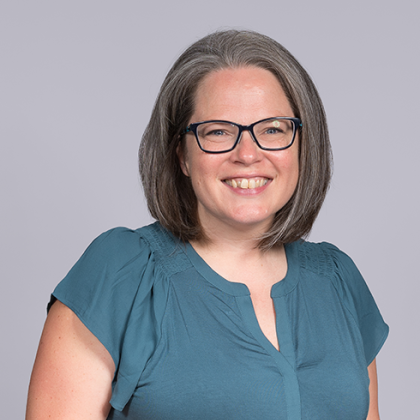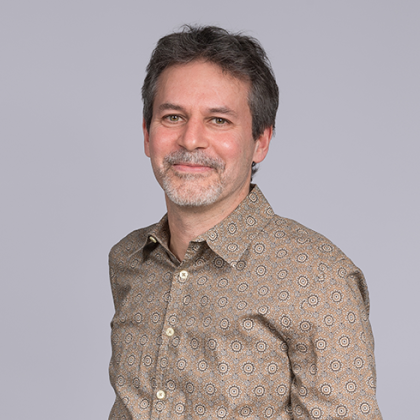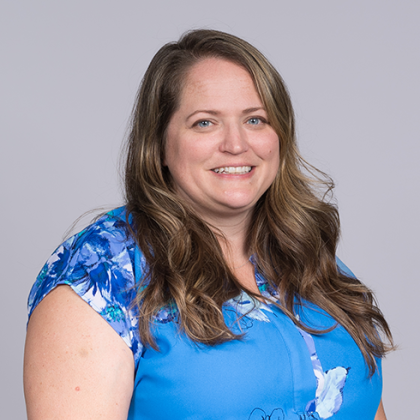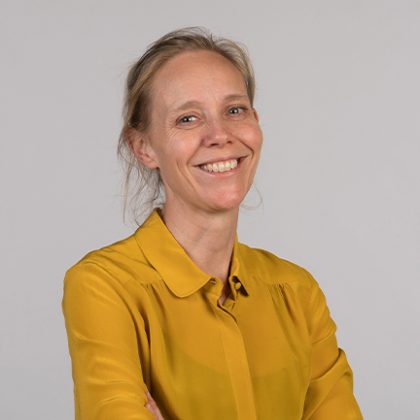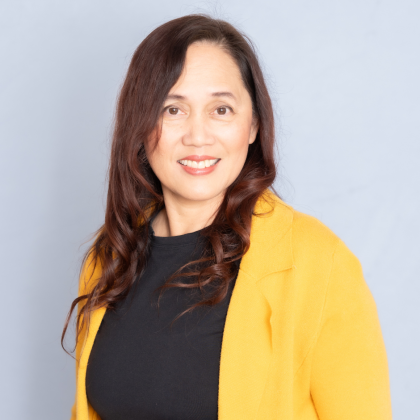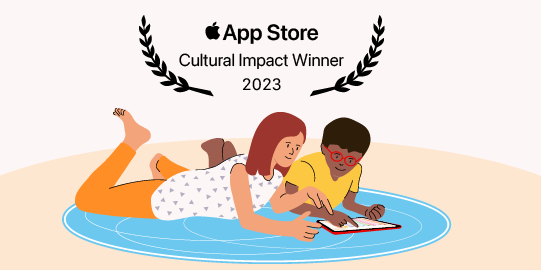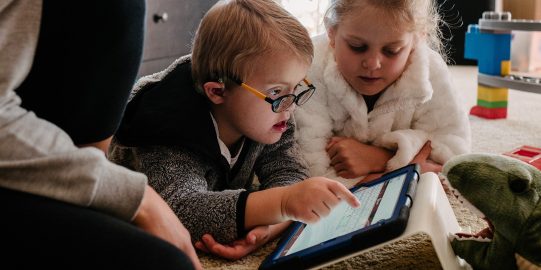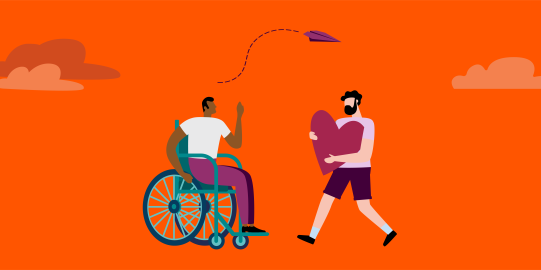Autonomy, self-determination, dignity of risk, and harm reduction for AAC users
Presented by Cole Sorensen and Donnie TC Denome
Autonomy, self-determination, dignity of risk (the right to take risks and make mistakes), and harm reduction are often denied to AAC users, but are fundamental human rights. This session will also discuss the role of trauma in communication interventions and how autonomy, self-determination, dignity of risk, and harm reduction can ameliorate trauma. This session will explore the importance of these rights, how AAC users can exercise them, and the role of professionals and supporters in implementing these rights.
When and where: October 23, 10:00 AM - 11:00 AM | Plaza 3

